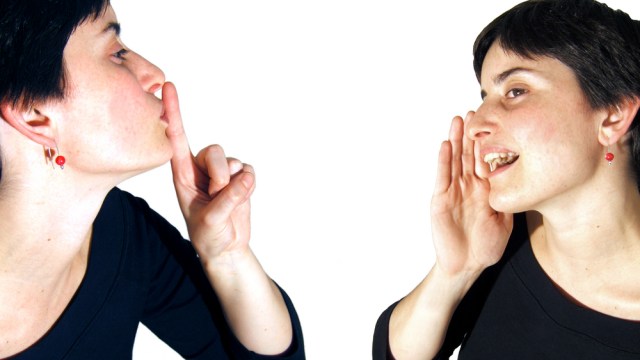A Practical Guide for Powerful Women

One of the things I didn’t want to do when I wrote my book, No Excuses, was to tell women to have another one of those books that says what’s wrong with women: women can’t, women don’t, women shouldn’t. I think we have way too many of those.
I’m a practical activist. I’m very positive. I’m very optimistic. I think this is women’s moment. We can do so many things. We have so much power in our hands right now if we can see it and seize it and use it and that’s really my point. It’s that this is that kind of a moment and so I wanted to give women some very practical power tools.
Now in order to get there and to use these power tools what I’ve found when I talked with women because what really got me started on this obsession that I have now about women’s relationship with power is that I realized that women have been stuck at 18% of top leadership positions. That’s in politics. That’s in the workplace across all sectors of employment for at least 20 years, sometimes more and that’s despite the fact that here in the U.S. at least we have changed the laws. We have opened many doors. We’ve seen a women-first almost everything.
The problem really isn’t just that all of the child rearing responsibilities are still put on women’s shoulders, but what I found was that women have an outdated notion of what power means and I talked to women all over the country. I looked at the research and I frankly I had to look at my own heart and my own journey to leadership and some of the things that I had learned along the way and some of the ways I had not yet learned how to embrace my own power. This was not an easy exploration for me. I can tell you that. But what I found was that we women tend to think of power in a really outdated way. It’s a traditional way of thinking about power. It means that somebody can make you do something. It means that you don’t have control over your own life and it also implies a finite pie, as in if I take a slice there is less for you.
So therefore, it feels oppressive. It makes you feel powerless. Once I can get women to change how they’re thinking about power from that oppressive way to the most expansive idea of power over I just would see faces relax and women say, “Oh yeah, give me that, I want that kind of power because the power to is the ability to make life better for yourself, your kids, your community, your world, your country.” It’s the ability to innovate, to think of new and better ways of doing things and I think women sort of inherently know that power isn’t a finite pie, that in fact the more there is the more there is.
If I help you get more powerful it doesn’t mean there is less power for me. It means there is more capability to do these good things in the world and therefore, power to makes you feel powerful and power to is what enables us to be leaders, to take on leadership roles. I think power to is real, authentic leadership and leadership that can transform how things are done in this world.
In Their Own Words is recorded in Big Think’s studio.
Image courtesy of Shutterstock




